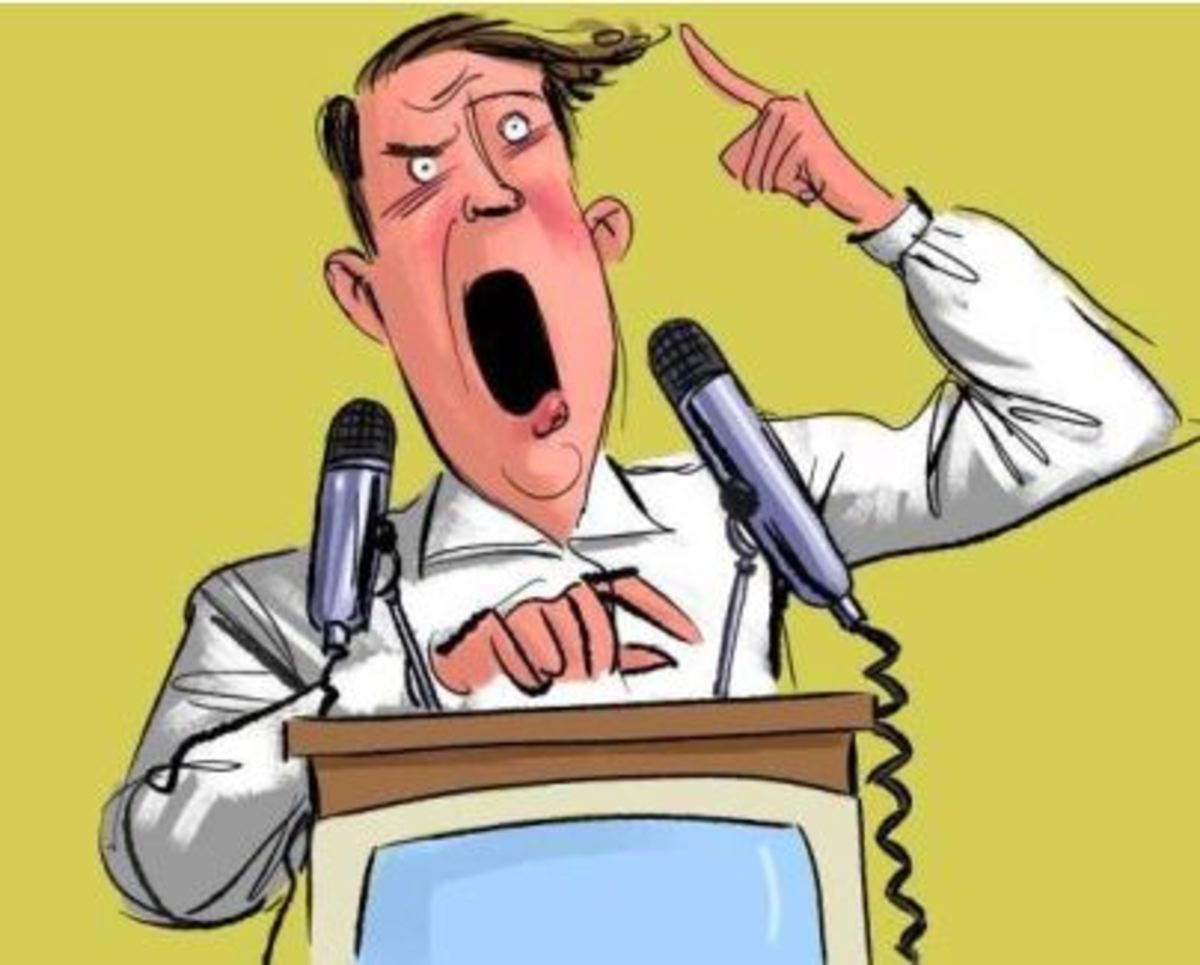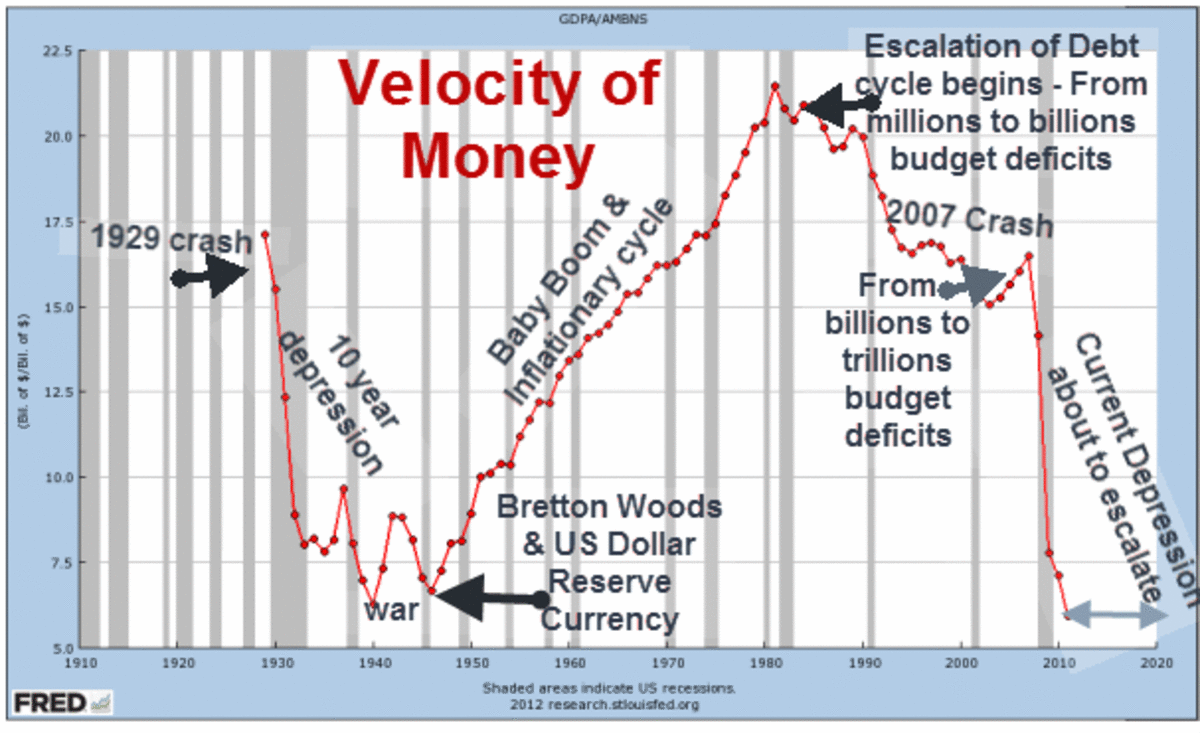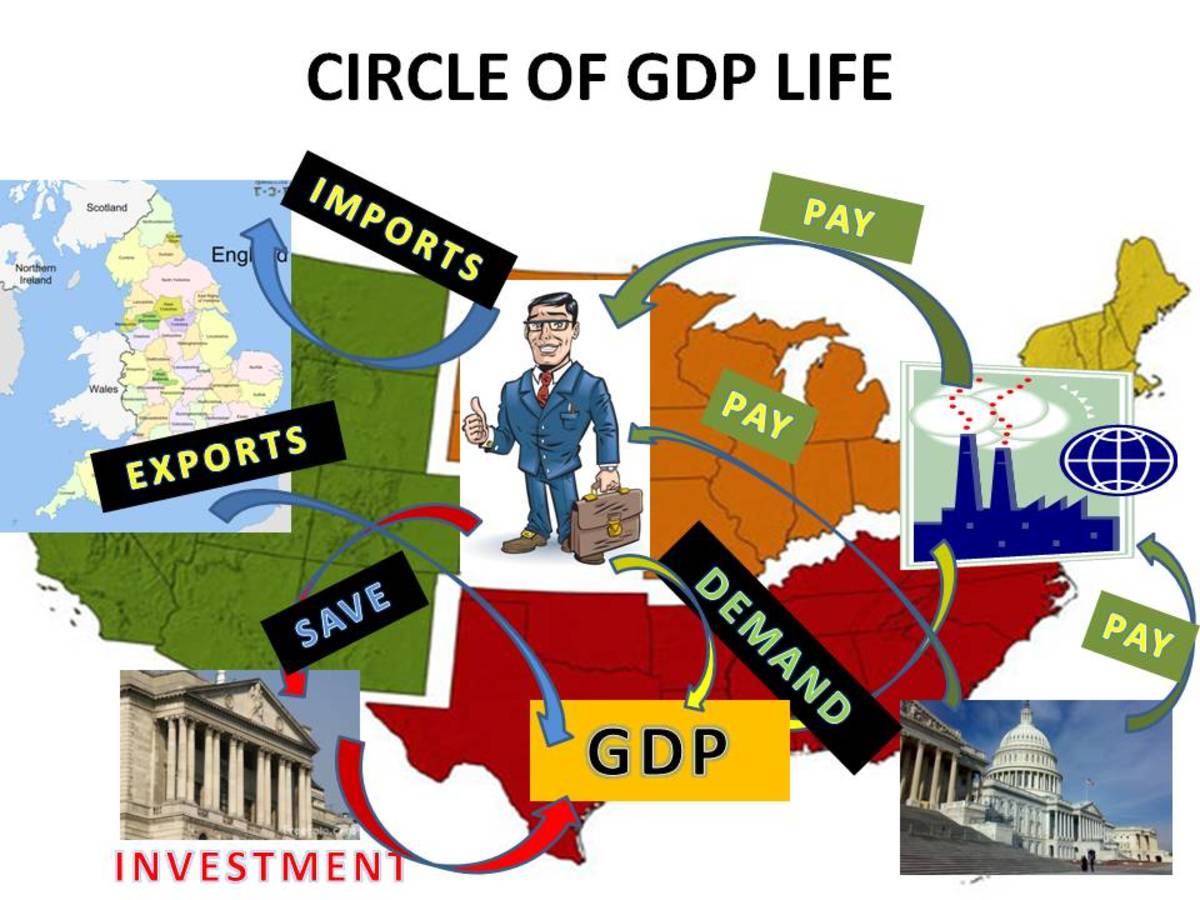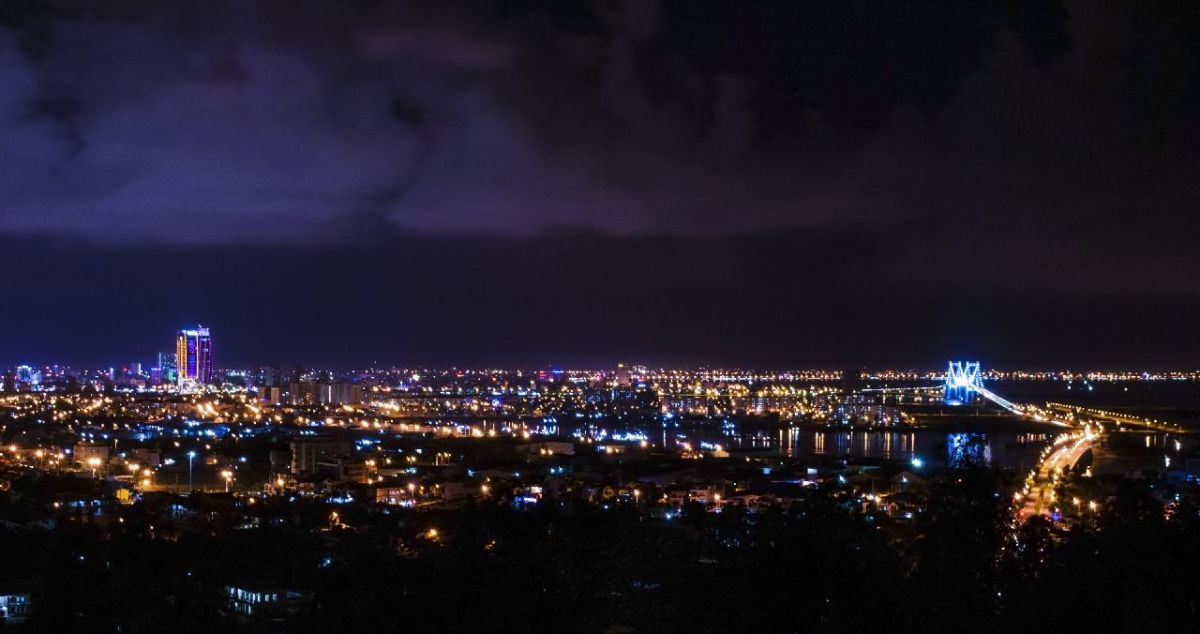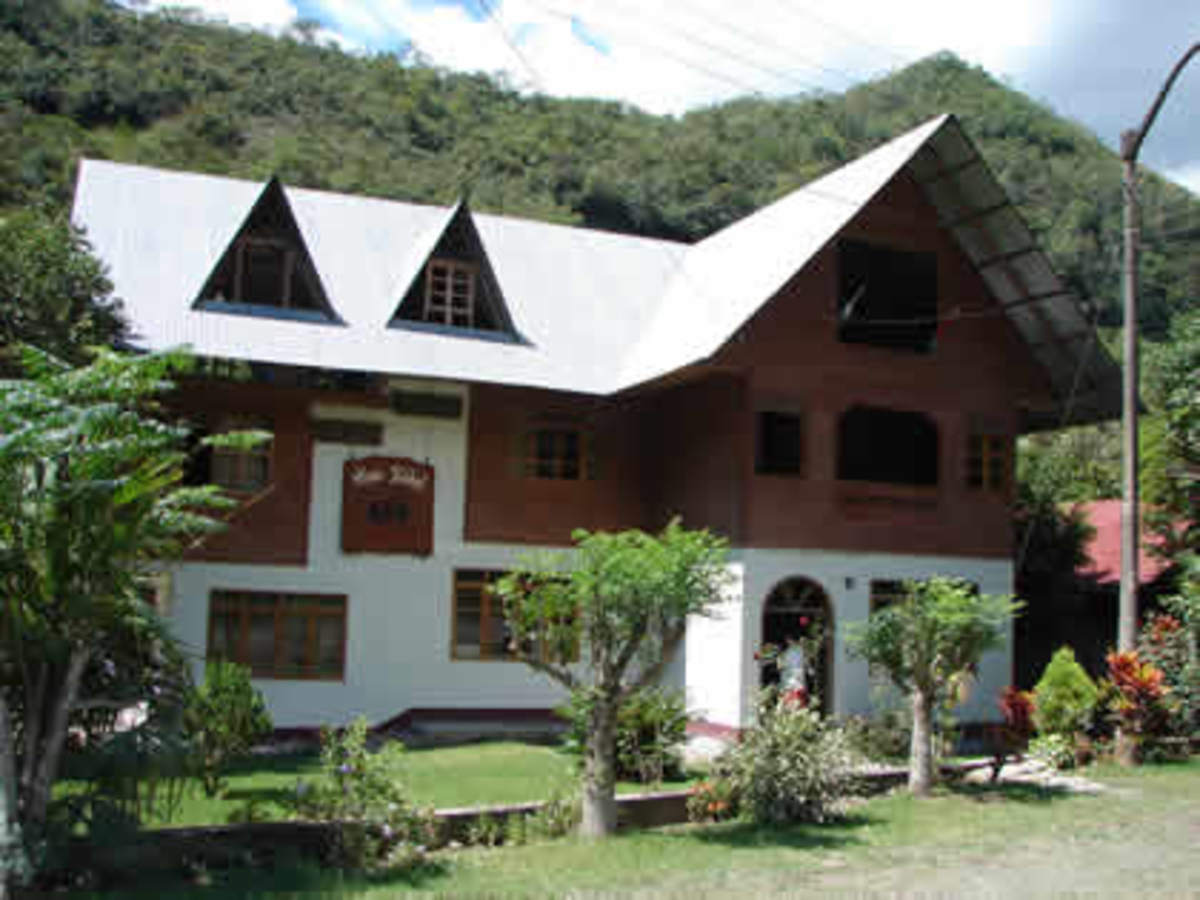The Growth of Latin America as a Political and Economic Force
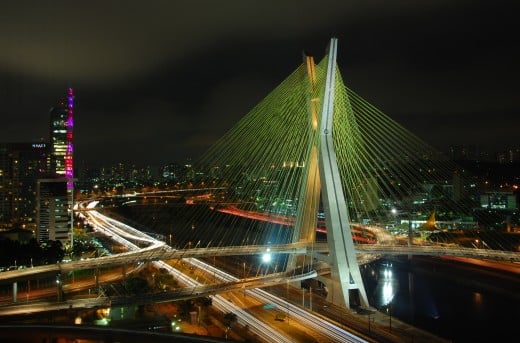
Can Latin America become a major influence on world politics and the global economy? That is the question on the lips of an increasing number of political commentators.
The region, for long indebted to others, has now moved from being a net debtor to being a net creditor on the global stage. While Europe and North America languish in recession, many Latin American countries are experiencing continued sustainable economic growth - and along with Asia they are helping to lead worldwide economic growth.
Politically also Latin America is demonstrating an increasing self-confidence. Many leaders across the region have shown they are not willing to simply follow the lead of the US anymore, but are increasingly setting their own direction.
While Latin America is a diverse group of countries, with different experiences, there is no doubt there is a sense of solidarity growing within the region, as well as a noticeable improvement in political and economic fortune.
Changes in Latin America's Politics and Economy
Although most countries in Latin America achieved independence from their European colonial rulers in the 1800s, they did not thrive economically unlike the USA and Canada which benefited noticeably from gaining independence. Latin America had been largely stripped of natural resources such as gold and silver, and economic innovation was discouraged by a rigid class-system which continued more-or-less unchanged after Spain and Portugal withdrew.
In the 20th century Latin America was considered politically to be the 'back-yard' of the United States. The US pursued policies in the region mainly to its own benefit, and particularly during the Cold War the CIA seemed to feel it was entitled to interfere in the running of Latin American countries. The twentieth century also saw a rash of military coups and dictatorships across the region. Right-wing dictators often ran a country more for the benefit of themselves and their cronies, rather than helping society as a whole. Left-wing dictatorships were hampered by US economic sanctions, and were also guilty of pursuing naïve economic policies which actually increased the poverty they hoped to erradicate.
For a long time it seemed that Latin America was destined to suffer at the hands of its own rulers and to play 'second-fiddle' to the USA. But over the last ten years or so, the region has seen remarkable political and economic change.
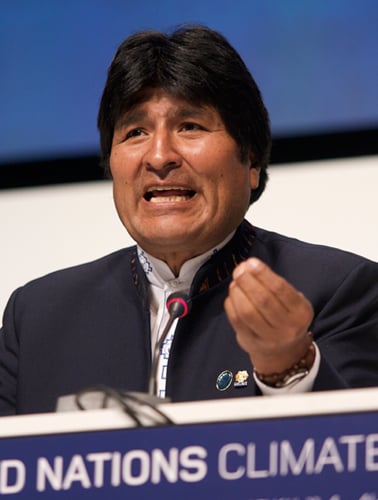
Economic Growth:
Latin America now includes many 'powerhouse' economies. The last ten years have seen extremely strong economic growth for coutries such as Brazil, Chile and Uruguay. The best performers in 2011 are expected to be Argentina, Brazil, Peru, Paraguay and Uruguay. Meanwhile Chile, Colombia, the Dominican Republic, Mexico and Panama are expected to grow in the 4 to 5 percent range.
However, this economic success is not uniform across the region. Nicaragua, Honduras, Guatemala, El Salvador and Trinidad and Tobago are expected to show weaker growth, and the economies of Haiti, Jamaica and Venezuela are expected to shrink. At the same time, some commentators are warning that the populist policies of countries such as Venezuela and Bolivia run the risk of increasing inflation and increasing poverty.
New political voice:
There is a marked growth in political solidarity across the region. Instead of individual Latin American countries seeking beneficial relations with the US, they are creating new and stronger relationships with each other. UNASUR is a treay organisation set up in 2009 and modelled on the European Union, aiming to set up a single market for its twelve South American member countries. However UNASUR is not only concerned with commerce, but also in promoting equality and social justice across the region.
Hugo Chavez is a controversial figure but there is no doubt the Venezuelan president has had the confidence to criticize the USA, and to seek to increase Venezuela's influence on the world stage. The discovery of significant oil reserves in Venezuela has meant that Chavez has become a welcome figure in isolated nations such as Cuba, as the oil reserves allow him to play the part of international benefactor to the weak and needy.
Indigenous people are also participating in democracy as never before - as evidenced by the election of Evo Morales as President of Bolivia. This office was traditionally the preserve of wealthy white Bolivians, descendants of Spanish colonial families, but in 200X the majority-indigenous population of Bolivia elected one of their own to the highest office in the land.This Bolivian president recently hosted a conference on climate change specifically for the indigenous people of Latin America to have their say.
Brazil, having experienced incredible economic growth, is stepping up to play an increasing role in world politics. It is Brazil rather than the US who has stepped in to mediate in the growing dispute between Venezuela and Colombia, and it was Brazil who persuaded Iran to sign up to an international nuclear weapons agreement in 2009.
Case Study: The rise and rise of Brasil
15 years ago Brazil was considered to be an economic basket case. Today the country is on the verge of becmoing the fifth largest economy in the world. Their recent economic growth has been unaffected by the Great Recession, outstripping growth in South Korea, Japan, Germany and the United States.
Brazil, together with Mexico has been at the forefront of the Latin American multinationals phenomenon by which local companies have successfully turned global. Brazil has invested in its own industrial sector which is now the second-biggest in the Americas. They have also invested massively in hydroelectric and nuclear power, reducing their dependence on imported energy sources. Brazil is now a significant exporter of electric power. As recently as March 2011, President Obama visited Brazil and declared the desire of the USA to become a major customer of Brazil's energy resources.
Yet has this growth seen benefits for the population as a whole? Traditionally there has been great disparity of wealth in Latin American countries, but Brazil is successfully growing a vibrant middle-class. More importantly, while 15% of the population Brazil remains below the poverty line, the country is near to achieving universal education for its population. It does seem that in the case of Brazil, the benefits of the new prosperity are having a least some impact on the country's poor.

